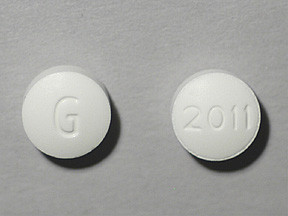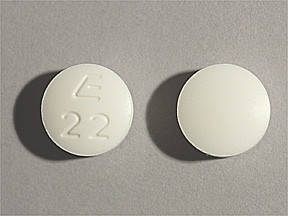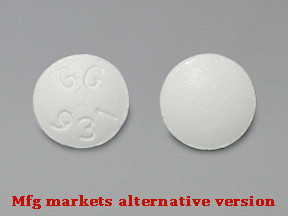ORPHENADRINE - ORAL
PHONETIC PRONUNCIATION: (or-FEN-uh-dreen)
COMMON BRAND NAME(S): Norflex
GENERIC NAME(S): orphenadrine citrate
Uses
USES: Orphenadrine is used to treat muscle spasms/pain. It is usually used along with rest, physical therapy, and other treatment.
How to use ORPHENADRINE - ORAL
HOW TO USE: Take this medication by mouth with or without food as directed by your doctor, usually twice daily. Do not increase your dose or use this drug more often or for longer than prescribed. Your condition will not improve any faster, and your risk of side effects will increase. If you are using the extended-release tablets, do not crush or chew. Doing so can release all of the drug at once, increasing the risk of side effects. Also, do not split extended-release tablets unless they have a score line and your doctor or pharmacist tells you to do so. Swallow the whole or split tablet without crushing or chewing. Tell your doctor if your condition does not improve or if it worsens.
Side Effects
Precautions
Interactions
Overdose
Images
Reviews
Faq for ORPHENADRINE - ORAL
Orphenadrine is primarily used to treat muscle spasms and pain caused by conditions such as strains, sprains, and arthritis.
Orphenadrine works by blocking certain nerve signals in the brain, relieving muscle spasms and reducing pain.
Common side effects may include drowsiness, dizziness, blurred vision, dry mouth, constipation, and urinary hesitancy.
Orphenadrine has a low potential for dependence or addiction when used as prescribed. However, it may cause withdrawal symptoms if abruptly stopped after prolonged use.
It is not recommended to consume alcohol while taking Orphenadrine as it can increase the risk of side effects such as drowsiness and dizziness.
Orphenadrine may cause drowsiness, dizziness, or blurred vision, which can impair your ability to drive or operate machinery. It is advisable to avoid activities that require alertness until you know how this medication affects you.
Orphenadrine is usually taken by mouth with or without food. The dosage and frequency will depend on your condition and response to treatment. It is important to follow your doctor's instructions carefully.
Orphenadrine should be used with caution or avoided altogether if you have certain medical conditions, including glaucoma, enlarged prostate, urinary retention, liver disease, or heart problems. It is important to inform your doctor about your medical history before starting this medication.
Orphenadrine may interact with certain medications, including antihistamines, sedatives, opioids, and MAO inhibitors. It is important to inform your doctor about all the medications you are taking, including prescription, over-the-counter, and herbal products, to avoid potential interactions.
Disclaimer
IMPORTANT: HOW TO USE THIS INFORMATION: This is a summary and does NOT have all possible information about this product. This information does not assure that this product is safe, effective, or appropriate for you. This information is not individual medical advice and does not substitute for the advice of your health care professional. Always ask your health care professional for complete information about this product and your specific health needs.



No Reviews Yet